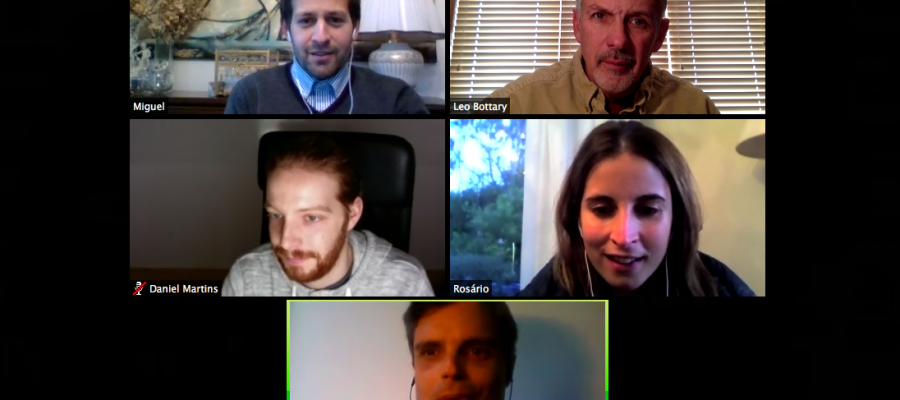In an episode of Inside Quest from October 2016, Simon Sinek discusses millennials in the workplace. As of today, the 15-minute video been viewed more than 5.4 million times. In January, he recorded a 9-minute follow-up video called More on the Millennial Question based on the feedback (positive and negative) that he’s received about his comments back in October. To his credit, Sinek has also asked for more feedback, so here it is.
Full disclosure, I enjoy Simon Sinek’s work. I’ve watched his videos, read his book Start with Why, and heard him speak live, where he was terrific. That said, the more popular he becomes, the greater his reach and the more weight his words carry. In my opinion, he needs to be more mindful of that.
In both videos, he makes important points about relationships, empathy, and leadership, which is laudable. The reason the first video got so much traction, however, is not because of the points he made, but because he decided to throw millennials under the bus for a cheap laugh. Sinek hit on all the stereotypes people have (particularly boomers) about millennials, and he reinforced a narrative that does more harm than good. Anyone smart enough to come up with the golden circle could have made his points without doing it on the backs of a generation.
By doing this, Simon Sinek sent a bad message – one that makes it okay for leaders to point fingers and make excuses, because we all know how those “entitled” millennials are and how tough they are to “manage.” Instead, he should have challenged leaders to dig deeper. That they consider taking a pause to listen and learn for understanding – to be curious. The more that leaders try to learn and the less they judge, the more likely they will discover the very best attributes of this generation and the individuals who comprise it. Sinek always talks about how leaders eat last. That’s fine, but that doesn’t mean the leader should poke fun at the employees in the food line.
Over the past few months I’ve recorded a number of podcasts with young people, all of whom are incredibly impressive. They are wise beyond their years and doing well for themselves and good for others. Now, I read their books and listen to their podcasts. They inspire this baby boomer each and every day. Meeting them and becoming more familiar with who they are and why they do what they do has been a gift.
On my podcast, you’ll hear from Vitaly M. Golomb (Feb. 16), Rahfeal Gordon (Feb. 23), and Bri Seeley and Thais Sky (March 30). Vitaly Golomb is an entrepreneur, author, and global start-up evangelist for HP Tech Ventures, where in addition to his job, he is passionate about his work helping entrepreneurs create business models for their ideas. He started as an intern in Silicon Valley at 13 and just released his first book, Accelerated Startup.
Rahfeal Gordon, who spent part of his childhood homeless, has written 14 books (including Skyscraper) and inspires people of all ages across the world, reminding them that their location is NOT their destination. I met him last year in Portugal. We remain friends, and I can’t imagine having a more positive force in my life.
Bri Seeley and Thais Sky founded a company in Los Angeles called The Amplify Collective – each own their own company as well. Check out their Be Amplified podcast). The Amplify Collective is dedicated to helping women come together at their un-networking events so they see one another as more than a title on a business card. Bri and Thais help women engage on a level of who they are, not simply what they do. Don’t be surprised if one of their events comes to your city soon.
All of them, each in their own way, are helping people establish the kind of deep, meaningful relationships that Simon Sinek said are so lacking among our young people. (Deep and meaningful relationships are too few in all generations, by the way). So if you watch Simon’s videos (or watch them again), I ask you to extract the good messages he has to share, and engage everyone in your life from a place of curiosity rather than judgment.
Image: Mirus Restaurant Solutions



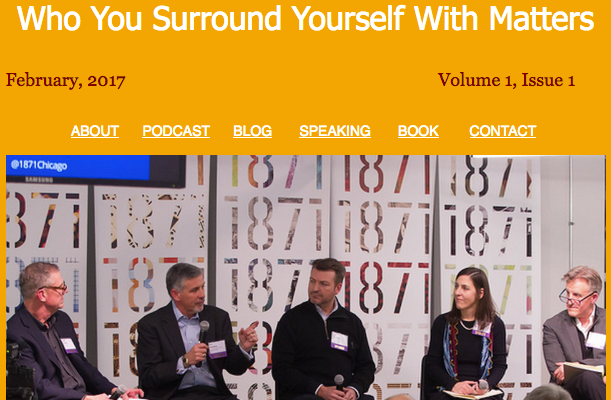

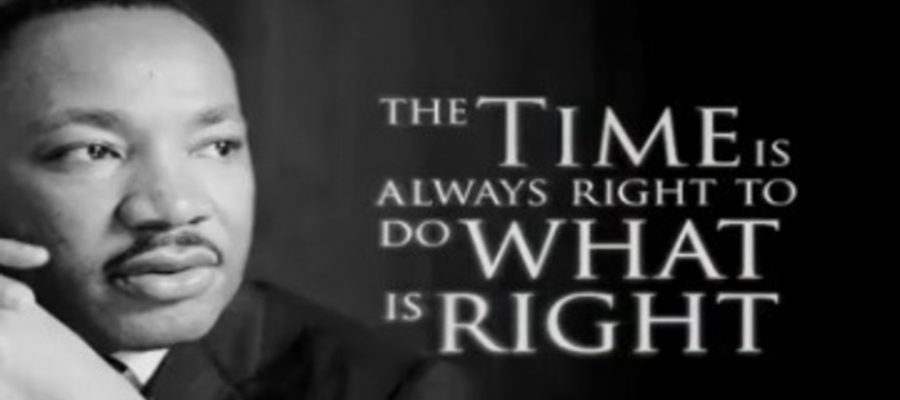



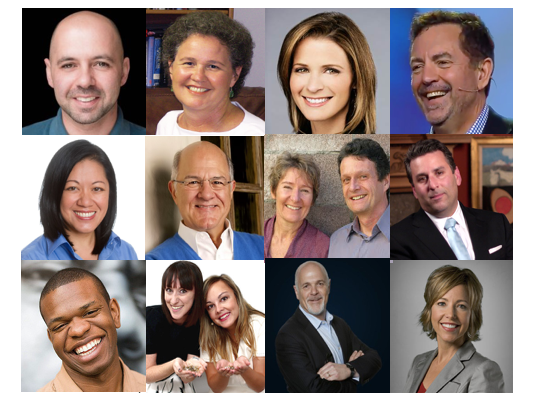
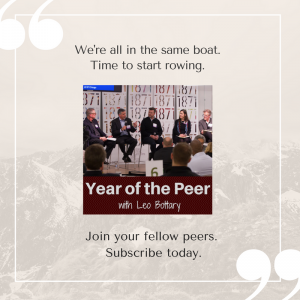 They will share their insights, stories, and recommendations about effective collaboration, leadership, accountability, vulnerability, and much more. We’ll talk about what’s next and look at how, together, we can prepare for a future most of us can barely imagine.
They will share their insights, stories, and recommendations about effective collaboration, leadership, accountability, vulnerability, and much more. We’ll talk about what’s next and look at how, together, we can prepare for a future most of us can barely imagine.